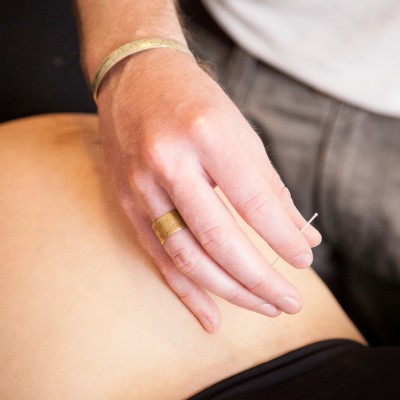
The use of acupuncture treatment to support IVF has fast become a popular treatment. When considering the use of Acupuncture to support IVF and other ART there are a few key components of treatment to consider.
Some people undertake only the minimum pre-transfer and post-transfer appointments to support the embryo transfer. Most embark on a more holistic program of treatment aiming to treat the whole person and underlying issues that may be affecting fertility.
At Fertile Ground Health Group, it is our preference to treat more holistically, and we would usually see patients weekly in the lead up to egg collection and transfer. We also have an excellent system that allows us to cater to short term patients, however most current research suggests just doing embryo transfer (ET) acupuncture does not appear to benefit IVF outcomes when compared to any controls; but may improve outcomes when compared to no treatment.
Acupuncture is associated with more live births when administered at a larger dose (9-12 visits prior to ET). At FGHG we recommend regular weekly treatments with women and couples trying to conceive and undergoing IVF. Working weekly enables us to address underlying health issues that may be affecting fertility, as well as working across a cycle to maximise hormone balancing and cycle regulation, follicular and endometrial development, stress as well as addressing any side effects from medications.
Acupuncture is proposed to aid fertility in three ways:
We suggest starting acupuncture as many as three cycles prior to starting IVF or any ART, this suggestion is based on the whole systems TCM approach. The Whole systems approach has shown significantly more benefits compared with just doing protocol acupuncture for embryo transfer.
In any Acupuncture treatment, it is also important to note that the treatment is always designed in relation to what a woman needs constitutionally and specifically at the time of treatment. Based on the principles of Traditional Chinese Medicine (TCM) your practitioner will assess your health and address any concerns presenting on the day. For example if a patient has a headache, or pain remaining from egg collection, point selection takes this into account.
A follow up treatment one week after the transfer is also recommended in support of possible implantation. This is also a time when many women find their stress levels and anxiety start to peak. The relaxing effects of Acupuncture as well as the chance to talk to their practitioner about how they are feeling during this waiting period is highly advantageous. Treatment aims are similar to the post transfer treatment – settling everything down, supporting implantation and circulation to the uterus, etc.
Prior to starting any IVF cycles, Acupuncture treatment for approximately three months prior for both partners is advisable. Acupuncture is recognised by the World Health Organisation as a treatment for infertility and is used to help the couple to optimise their health and maximise their chances of success. However even without this, the research into the effects of Acupuncture on the outcomes of IVF cycles by just focusing on the pre- and post-transfer treatments is more than favourable.
In 2008 the British Medical Journal published a world first meta-analysis by highly respected Cochrane Review researchers and scientists. The meta-analysis assessed the main research from around the world pertaining to acupuncture and IVF. The results clearly showed a positive association between the use of acupuncture and increased success rates with IVF. For more information on the Cochrane Review and the meta-analysis, see:
Impact of Whole Systems Traditional Chinese Medicine on In Vitro Fertilization Outcomes
https://www.ncbi.nlm.nih.gov/pmc/articles/PMC4458185/
The relationship between perceived stress, acupuncture, and pregnancy rates among IVF patients: a pilot study.